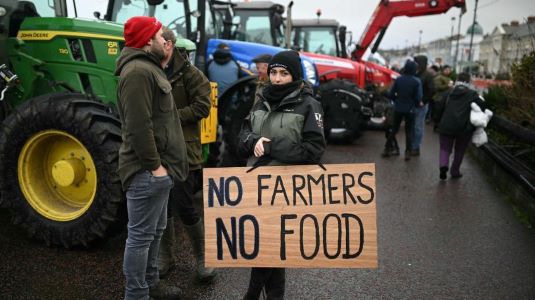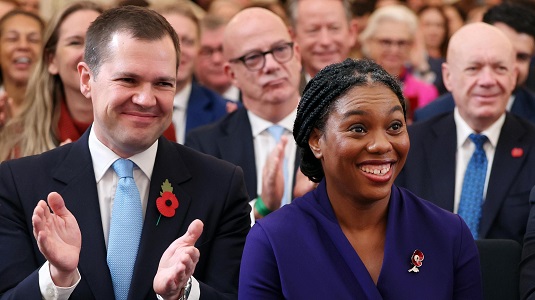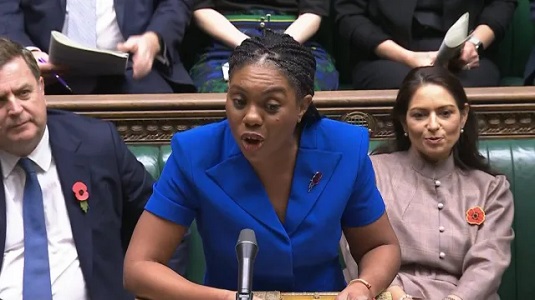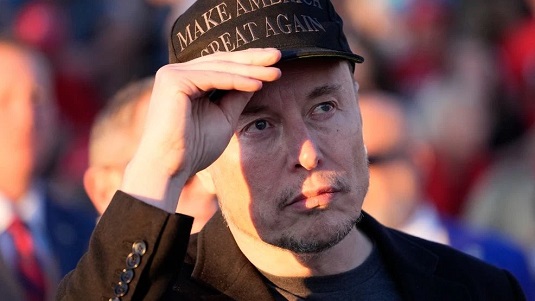
There isn't much more to be said about Louise Haigh's resignation, especially when this piece from the Telegraph (outside the paywall) covers all the bases. Her departure wasn't because of a spent conviction from a decade ago. It was the shenanigans that did for her. Leaving aside its digs and insinuations, the paper reports that the axe has hung over Haigh for some time. Apparently Keir Starmer's and Rachel Reeves's noses were put out of joint because Haigh successfully negotiated an end to the Tory train strikes without their say so. And this claim is supposedly proved by Starmer's 60-word response to her resignation letter. But reading on, we see that there were efforts by Labour apparatchiks to get the Tory press interested in Haigh's conviction before the election. What? The so-called civil service of the party working against its political masters? Say it ain't so.
When it comes to the Labour Party, one cannot understand the present state of play without acknowledging the simmering guerilla campaign waged by Morgan McSweeney and friends against anything that smacks of social democratic politics. And with the left either elsewhere or chained up in a box, that means the soft left are now their targets. They are the designated enemy within for two reasons. For some, they are opposed to the soft left for exactly the same reasons the Tories are. Their closeness to trade unions, the (relative) enthusiasm for pro-worker policy, and a belief that politics are about values and that Labour's mission is to improve society somewhat is too much for the grey we-know-best managerialism that dominates right wing Labour thinking. They believe re-election will be won on straightforward delivery, which typically reduces itself to the statsplaining politics of tractor production figures. The same approach that worked so well across the Atlantic. The second reason is the idea that anything smacking of old Labourism is an electoral bromide. Never mind giving the Tory press fresh angles to attack the new government from, most voters themselves - or at least those the Morganiser thinks the party needs on side next time around - don't like better paid workers, fully funded public services, or the idea that life might get better. Because of this, even had Haigh not successfully negotiated a deal with rail workers, Labour's permanent deep party had sharpened its knives and were waiting for the right moment to skewer the former transport secretary.
For all this, it might be that Haigh gets the last laugh. Because she has resigned over tiny potatoes, she has now set the bar for Starmer's ministers where it comes to conduct. For instance, her departure weakens the position of the chancellor. Who, you will recall, has freely admitted to plagiarising "her" book, and has spent the last week on the wrong end of a right wing campaign highlighting inconsistencies between what she said about her career and the actual CV. This means in the future when a difficulty or a scandal presents itself, because Haigh has gone over something inconsequential it will be politically harder for Starmer to defend his ministers. And it also suggests the Tory press will go harder knowing that their efforts has already scalped one career. By caving to the dirty work of the back room boys, Haigh has inadvertently made Labour's immediate political future harder to manage.
Image Credit







